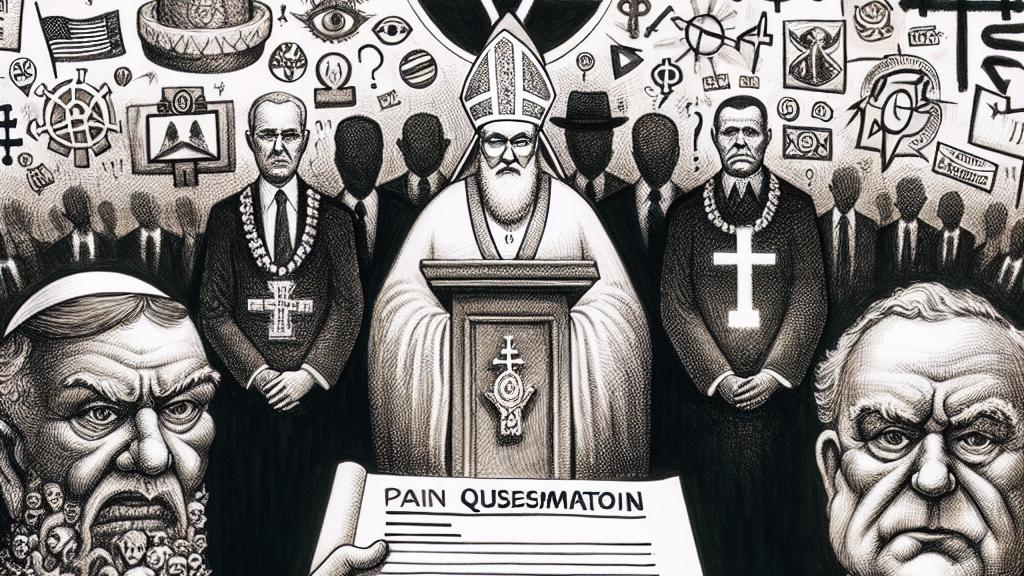Investigating the Relationship Between the Ruling Party and the Former Unification Church
Overview
- Japanese political parties largely agree on the urgent need to sever ties with the Former Unification Church.
- Self-Defense Forces under scrutiny for opaque relationships with the church, prompting public outcry.
- Legislation is crucial for victim protection and to prevent asset concealment, demanding immediate attention.

Setting the Stage for Inquiry
In Japan, the Former Unification Church, officially known as the Family Federation for World Peace and Unification, stands as a potent symbol of political controversy. Following the shocking assassination of former Prime Minister Shinzo Abe, which brought the church's influential ties under a critical lens, the public became increasingly aware of its impact on politics. On October 16, 2024, a pivotal survey by the National Lawyers' Association for Counteracting Psychological Fraud was unveiled, targeting eight major political parties. This questionnaire aimed to uncover party positions in relation to distancing from the church. The responses varied significantly, revealing an intricate interplay between political consensus and genuine action, as parties navigated a landscape fraught with ethical implications.
Diverse Party Responses and Their Implications
Each political faction articulated its stance on the relationship with the Former Unification Church, yet their answers demonstrated a profound divergence in commitment. While all parties affirmed the need to cut ties, the ruling Liberal Democratic Party (LDP) approached the topic with caution. They avoided concrete promises for further investigations, instead highlighting a recent update to their governance code aimed at preventing undue influence. In stark contrast, opposition parties such as the Constitutional Democratic Party and the Japanese Innovation Party passionately called for immediate and thorough investigations, seeking to establish independent commissions. Their arguments underscored a growing demand for transparency and accountability—a vital necessity in rebuilding public trust in politics. For instance, they claimed that the church's influence must not be an afterthought but rather a primary focus in upcoming elections.
Legislative Imperatives and the Road Ahead
Furthermore, the survey's findings ignited discussions about the legislative measures needed to safeguard victims and prevent potential asset concealment by the church. The LDP's reluctance to commit to prompt legislative action raised eyebrows among critics, who viewed it as a deliberate delay rather than an earnest response to pressing issues. Conversely, voices from opposition parties rang clear: urgent legislative action was not just desired but essential. They emphasized the moral obligation to protect those harmed by the church's practices while ensuring such organizations could not operate under the radar. As Japan gears up for the upcoming House of Representatives elections, the challenge lies not only in addressing past misdeeds but also in ensuring a future where political integrity reigns. The political landscape is charged with the expectation that voters will demand accountability, setting the stage for an election that could redefine the principles guiding Japanese governance.

Loading...